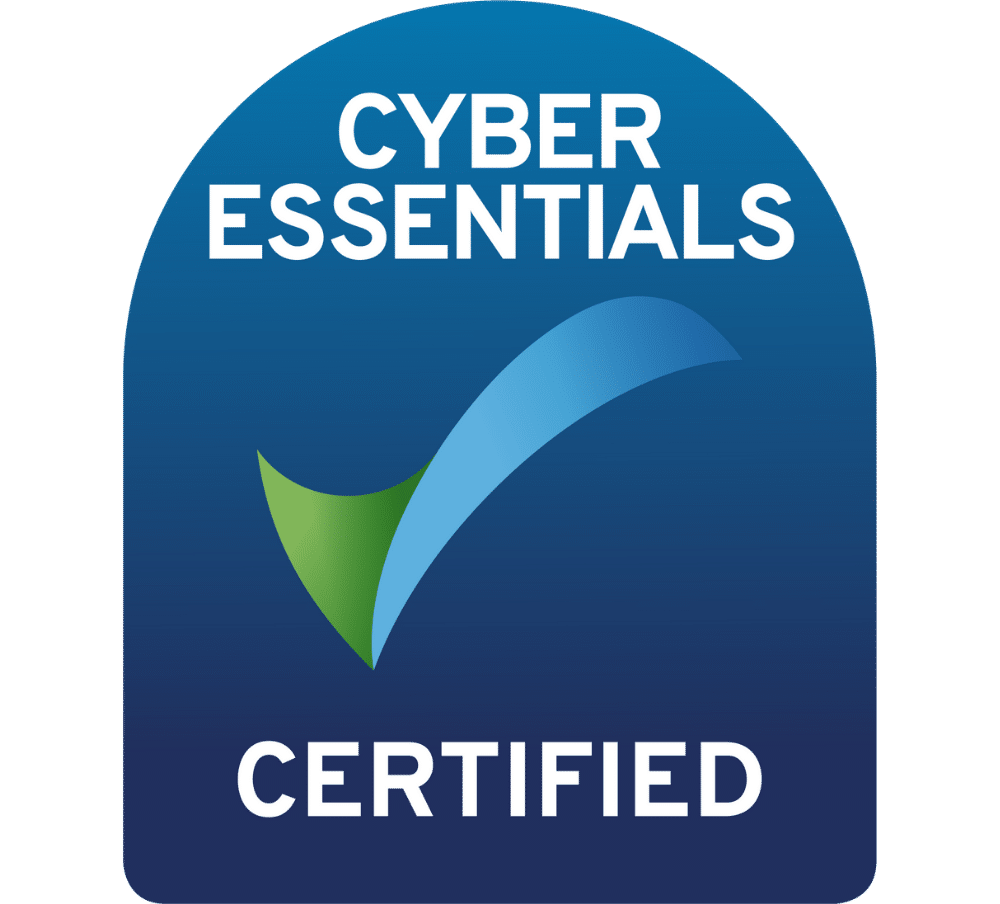Keywords; probably a word you are fed up of hearing.
The key, the secret
But those keywords you choose to optimise your website and online marketing are so important for organic reach and paid adverts. So choosing the right words is vital.
There are a number of ways you can ensure you have hit all the right keywords. EMS shares its secrets here.
Plant the seed
The absolute first thing you need to do is find your seed words. These are the words most associated with your small business that you will base your research on. If you ran a vegan cafe in Southend, you might use seed words such as ‘vegan food’, ‘cafe for vegans in Southend’, or ‘vegan-friendly food.’ These words may have high competition and already be used by bigger companies, so it wouldn’t be good to use as searchable keywords for your small business.
Your keywords also need to not be too generic, but tailored specifically to the ideal client. This moves us on to keyword research.
Keyword research
The tool we would recommend for keyword research are Google Keyword Planner, or the Chrome browser extension Keywords Everywhere. You can type in your seed keyword, look for the best terms based on low competition, search volume and relevance (for organic), or cost per click of word (for paid ad – *tip* the more the word costs, the more valuable as a keyword it’s likely to be, but the more competitive it probably is.) Google Keyword Planner allows you to change location to wherever you want to target (great for local businesses) or to add a ‘+’ to search two terms, so you can be very specific in your searching.
Make a table of the best suggested keywords for each of your seed words, and then choose the top one that fits the different pages on your site.
You can also look at competitor’s scores and work out negative keywords, which are words that are similar to your keywords but cater for a different service or ideal client. These will help you decide on which terms are best for your business.
Smoothly does it
Remember that although you need to factor in all these points, relevance is most important. You need to ensure the chosen keyword fits smoothly in to your content and makes sense. Google will not recognise sites that use keyword stuffing (packing in lots of keywords on pages) to try and list – quality over quantity and keywords that actually answer questions is the key.
Keep hold of your keyword research, as the unused words can be blog topics or social media posts. You may also need to use them if the current ones are not listing for you.
Following this guide should ensure you hit the right keywords and before you know it, your business will be listing top of Google in searches (we promise!)
For further advice and tips on SEO and keywords, you can take our online course that offers a full overview of all SEO ranking factors and how to improve your website.







